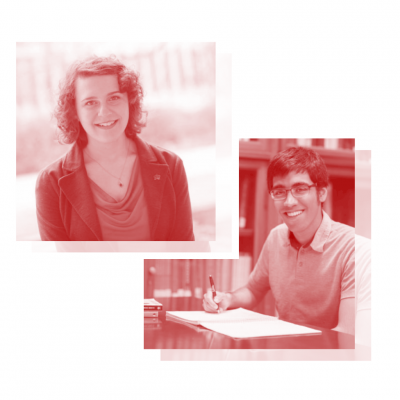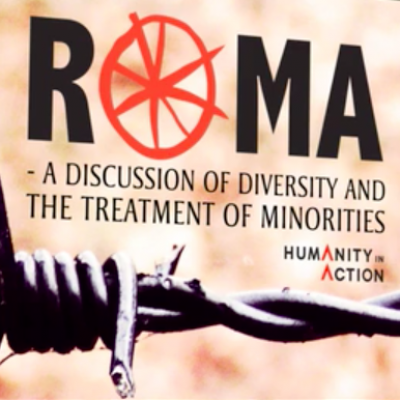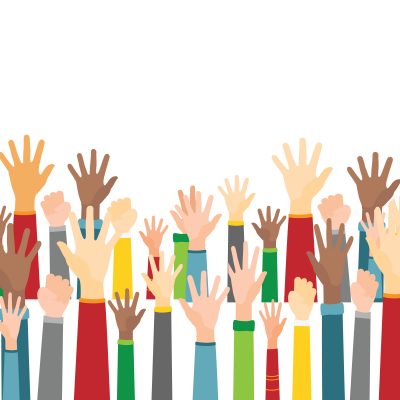Article
According to Senior Fellow Paulina Kasprowicz, Poland is often seen as a homogenous country in ethnical, cultural and religious terms. However, various global phenomenas are making Poland more and more multicultural. Since 1989, Poland has become more open as it’s been subject to the effects of globalization, but the public is often not fully aware of these changes as a consequence of the country’s past.
A short film, which Paulina made in collaboration with Senior Fellow Sarah Grunberg, shows the youngest Poles of different origins. She believes that film is the best medium to communicate the positive changes in society as a whole. Poland is caught in a vortex of globalization that continues unabated, and many foreigners reside in Poland. The country is changing and opening up to all peoples and cultures, however it is important to show Poles this as a positive rather than something to fear.
Sarah says that in Poland, her activism was rooted in challenging the ideas of people around her.
Sarah says that in Poland, her activism was rooted in challenging the ideas of people around her. While trying to learn and fully understand Polish culture, Sarah was also trying to help Poles understand their own perspectives.
When she began to interview members of the Polish-African community in Warsaw, she began to understand the problematic definitions of “Polishness” that excluded many members of the Polish community.
Sarah believes that her research is the start of something that may open the eyes of many individuals in Poland to the diversity that exists and the changing definitions of “Polishness” that will eventually come to be. Sarah’s project with Paulina also expressed this changing definition through interviews with children of mixed Polish backgrounds.




